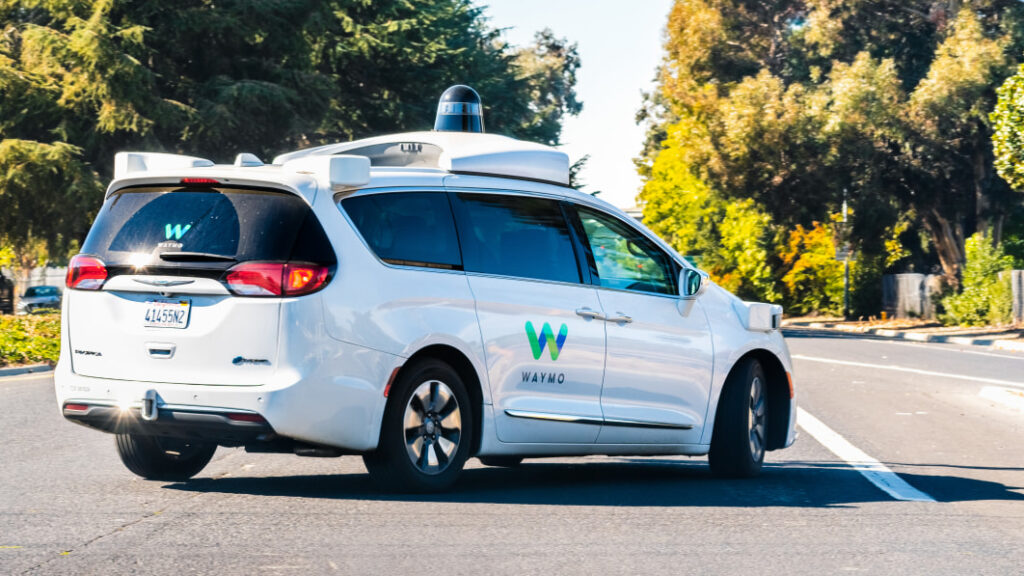Americans' faith in self-driving cars has tanked, AAA study suggests

Americans remain largely untrustworthy of self-driving cars, AAA’s latest study of attitudes toward autonomous vehicles found, suggesting last year’s spike in negativity was not only an accurate measurement of buyer sentiment, but a sign of even more headwinds for an already troubled sector.
Conducted mostly online (phone interviewers were available to reach those without internet access), the 2024 survey’s results came in nearly identical to those from 2023. 66% of respondents said they’re flat-out afraid of it; 25% remain unsure. Only 9% said they trusted the technology. While the percentage of respondents who claimed to fear autonomous cars did tick down slightly in this year’s study, they found a home in the “unsure” camp.
It’s apparent from the results below that attitudes shifted sharply in 2022. A Tesla driver blamed the car’s “Full Self-Driving” tech after causing a multi-car pileup during the 2022 Thanksgiving holiday rush in San Francisco. Such high-profile incidents likely help shape public attitudes toward the technology. But AAA cautions automakers not to pull the plug on their safety suites just yet. Drivers still want advanced tech, just without the self-driving stuff.
Some popular safety features are byproducts of autonomous driving advancement but don’t rely on the larger framework of autonomy in order to provide safety benefits. When asked, many respondents said they’d opt for reverse automatic emergency braking (65%), automatic emergency braking (63%), or lane keeping assistance (62%) on their next vehicles. This despite the fact that such systems have dubious performance records.
Customers need to know what they’re buying, AAA said. The tech needs to be marketed in such a way that it sets reasonable expectations about its capabilities and limitations. Alarmingly, four in 10 drivers surveyed were either unsure or under the impression that they can buy a car that drives itself while they sleep.
“To alleviate consumer concerns, ADAS performance should reflect reasonable and safe scenarios with a clear understanding of the limitations. Advanced vehicle safety technology should enhance driver awareness rather than give the impression of replacing a vigilant driver,” the summary said. “AAA wants to collaborate with automakers to establish uniformity in system naming and performance across the industry. By working together, we can assist consumers in understanding the technology present in their vehicles and educate them on how, when and where to use such systems properly,” it concluded.







